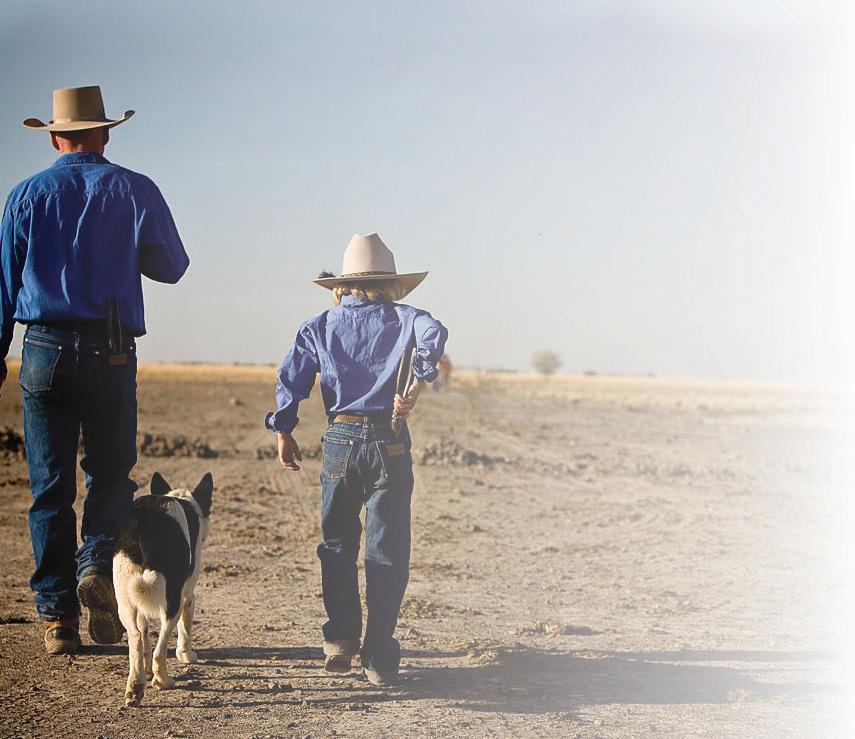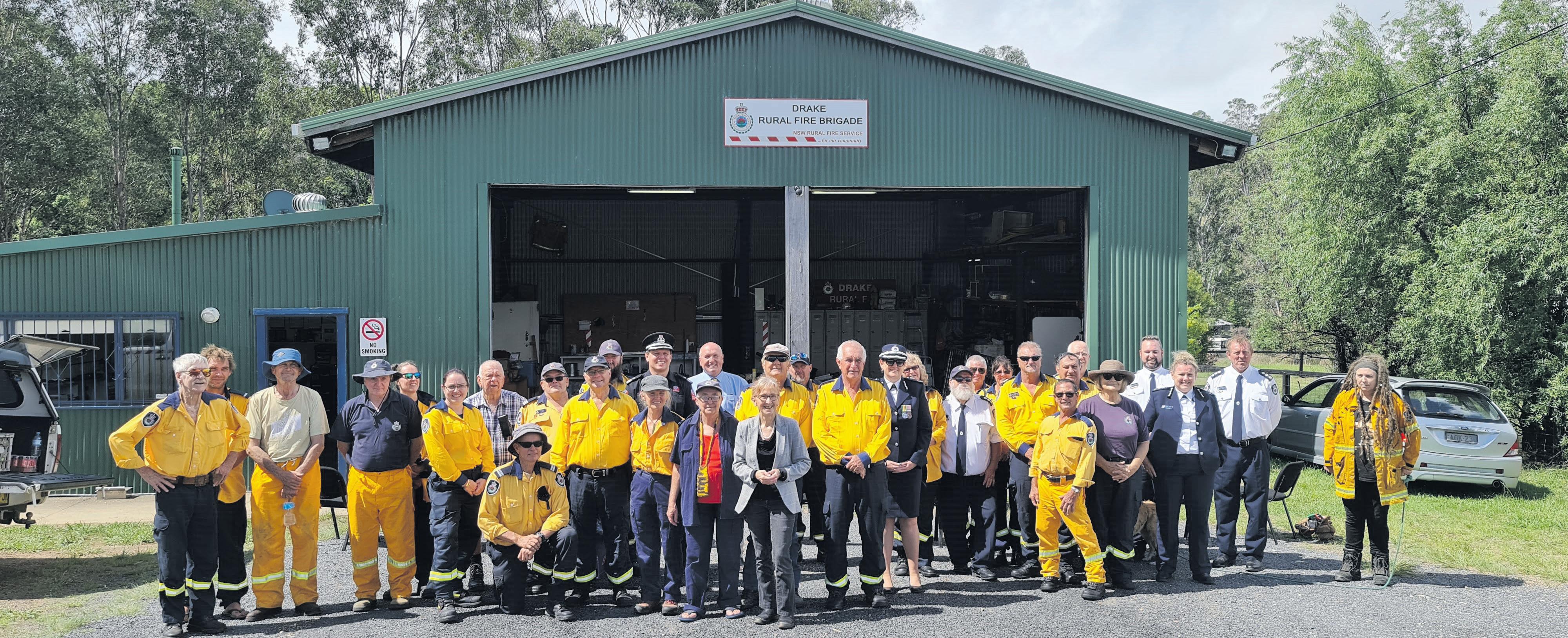
2 minute read
Bringing back a rorts-free community grants program
by Janelle Saffin MP, State Member for Lismore
IT’S BEEN great to get back into State Parliament over the past month to bring to the elected Members and the Ministers the issues that are of community concern. A bill introduced by the Minns Labor Government will bring a halt to some unfair public policies, such as the grants program, and bring the concept of a fair go back into public policy.
After a decade of neglect there’s so much to do to support our wonderful frontline workers, improving working conditions, reinvesting in public education and health, restoring our precious natural environment, and tackling the housing and homelessness crisis.
A particular bugbear of mine is the way the NSW grants program was rorted (there is no nice way to say it as the program was rorted) under the previous Coalition Government, so I was very happy to be able to speak in support of the Government Sector Finance Amendment (Grants) Bill when it was introduced into Parliament on 24 May.
I recall some of what I said in the debate.
I do not know one member in Parliament who does not love grants, particularly for our local communities and charitable, recreational, sporting, cultural or social groups. But we all want to know that grants are fairly assessed and allocated.
The public needs to have confidence that grants are allocated without any bias, favouritism or porkbarrelling as it is often referred to. In NSW about $4 billion per annum is spent on grants, and the framework for their administration should be proper and professional.


The Grants Bill does just that. Its introduction was a clear election commitment of ours when we were in Opposition, and now that we are in Government we are determined to make it law.
The bill makes two key changes. The first is that a Minister cannot approve a grant unless satisfied that the expenditure is an efficient, effective, economical and ethical use of money, and that it achieves value for money. That does not include favouring that particular Minister or the
Minister’s party. The second change requires a decisionmaker for a grant, in approving or declining the grant, to have regard to the key principles for administering grants set out in the Grants Administration Guide, which was brought in by the previous Government following public outrage over revelations over persistent and widespread rorting.


Readers will recall the disbelief felt across our region when it emerged Tenterfield was denied bushfire recovery funding under a process overseen by former Deputy Premier and Minister for Regional NSW John ‘Pork’ Barilaro, despite some 60 per cent of the local government area being burnt by fires that raged for five months in 2019.

At the time these facts emerged I said, “the people of Tenterfield would be justified in feeling ripped off by the NSW Government”, and I am just as angry today about what happened. I was out and about in the community throughout the bushfire emergency and saw firsthand the extent of the damage, not only physical but also the psychological impacts on our farmers and communities. We know that integrity in government matters very much for the community and for the public, and I am determined to play my part in ensuring that grants rorting is stopped in its tracks.
Wages freeze for pollies to be reinvested in essential services
Just as the Minns Government is putting a stop to grants rorts, it has also fulfilled another election promise to freeze wages for State MPs and senior public servants for two years from 1 July 2023.
NSW Treasury estimates this will free up $260 million to reinvest in essential services, like schools and hospitals.
This is an exact reversal of the previous Government’s approach, which was to enforce a pay freeze on frontline staff like our nurses, midwives, paramedics and more who delivered essential services while allowing the annual wages bill for senior executives across NSW government agencies to balloon to around $1 billion a year.
Good governance is key to good government. Communities deserve this.










